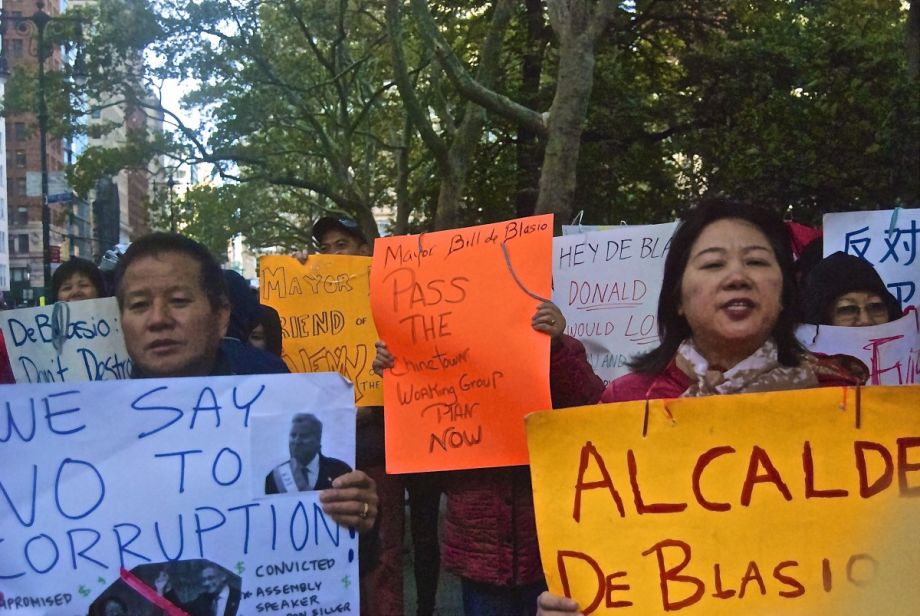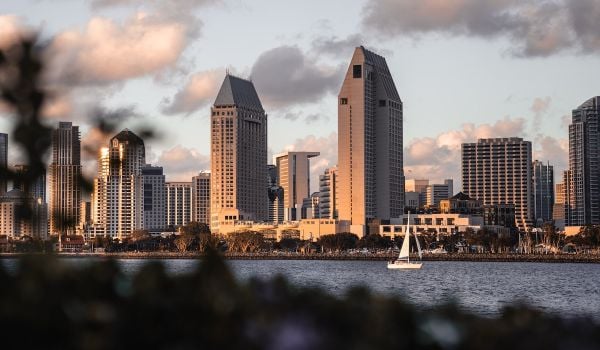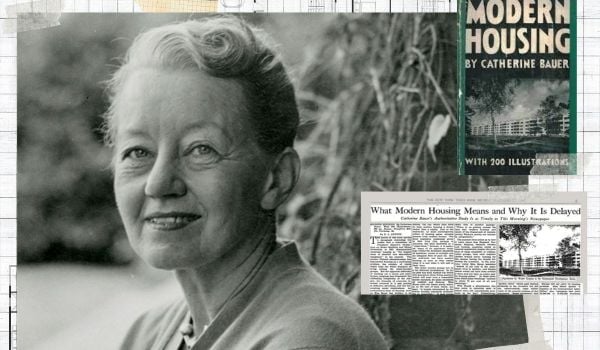Gentrification may be making many longtime residents in New York City’s Chinatown fearful for their community’s future, but it has also given rise to a strong, organized movement to protect the fabric of the neighborhood and prevent more displacement. Several groups have been working together to bring wider awareness to that cause, in hopes that community pressure will force the city to adopt a community-driven rezoning plan.
The Chinatown Working Group (CWG), a coalition of over 20 community groups and activists, and local residents, created a rezoning plan in response to Mayor Bill de Blasio’s affordable housing plan. Their approach calls for height restrictions on new developments, strong anti-harassment laws for landlords, more affordable housing, and a change in the income requirement for affordable housing to better fit income levels of Chinatown residents.
The CWG plan was rejected by the Department of City Planning (DCP) in February 2015 for being “too vast an undertaking,” but the agency later expressed a willingness to talk further. In September, a DCP rep told City Limits, “We know that for private developments not receiving city subsidies or other benefits, if we require 50 percent of units to be affordable, we will end up getting nothing.” The rep outlined several other objections to points in the community plan, including the height limits.
Since then, David Tieu, speaking on behalf of the Coalition to Protect Chinatown and the Lower East Side, a member of the CWG, says that neither the DCP, nor the mayor’s office has attempted to contact community organizers, or take any action to move forward with the CWG plan. The DCP did not respond for a comment regarding contact with any community organizers. However, a spokesperson for City Council Member Margaret Chin says to their knowledge no further contact between the DCP and the community organizers has occurred.
The lack of action by the city has hardened advocates at the Coalition to Protect Chinatown and the Lower East Side and as of October, they issued repeated calls for de Blasio to step down. They charge that the city has taken the side of the developers. “The city has made clear what their policies are. They are supporting these [luxury tower developments],” says Lewis Baron, a member of the National Mobilization Against Sweatshops, which is part of the coalition. “Mayor de Blasio has not come out and even said this type of development is even going to displace people.”
Currently under construction, Extell Development’s 823-foot-high One Manhattan Square is a very visible reminder in the neighborhood of change. Advance sales for the luxury condo building started in October, with one-bedrooms starting at $1.2 million. Extell was behind the controversial “poor door” development on the Far West Side, where tenants who qualify for below-market-rate units must use a separate entrance. The city has since banned “poor doors,” and, in exchange for a property tax break, Extell is building affordable units at One Manhattan Square in a totally separate neighboring development.
While CWG has been quite vocal about its displeasure with the mayor — “The mayor is the one with the power; he’s the one making these decisions and that’s why we’re attacking him,” Baron says — it and other groups have also concentrated on raising awareness about the CWG rezoning plan. They’ve done extensive outreach in local community centers, parks, bakeries and bubble tea shops. CAAAV, a Chinatown-based community organization that works to protect tenant rights, has held several bilingual town hall meetings informing local residents about the city’s plans.
Last summer, the Chinatown Art Brigade (CAB), launched “Here to Stay,” using a series of several large-scale outdoor multilingual mobile projections onto buildings. One message read “#ChinatownNot4Sale,” and prompted several passersby to tweet at the mayor and city council members with endorsements of the CWG rezoning plan.
“We are acutely aware that social media and cultural projects alone won’t change or affect policy,” write CAB co-founders Tomie Arai, ManSee Kong and Betty Yu in a joint statement for this article, “but it is a clear part of the larger organizing strategy.” Modern-day organizing has had an impact, and Yu says, “Some who may have been apathetic to the issue or to traditional modes of organizing have approached us with a desire to learn more and get involved.”
Meanwhile the DCP plans to continue with implementing pieces of the CWG rezoning plan. “When all key stakeholders determine the next steps to move forward, City Planning stands ready to roll up our sleeves,” says an agency rep, “and assist in the planning process for Chinatown to help the community achieve its goals including affordable housing and economic development.” The rep did not provide a timeline.
The Coalition to Protect Chinatown and the Lower East Side’s 2017 strategy will be to redouble organizing efforts. They plan to hold monthly rallies outside of City Hall (an increase from rallies previously held every other month). The latest protest organized by the coalition and led by the Citywide Alliance Against Displacement was held on Jan. 16, (Martin Luther King Jr. Day), and emphasized what advocates see as the mayor’s broken promises. “Mayor de Blasio campaigned on protecting communities of color but his policies are destroying them,” say Tieu, “and we know the Democratic party use[d] that day to falsely display the party’s stance with people of color.”

Kari Lindberg is a contributor to the Asian American Writers' Workshop and is a multimedia freelance journalist based in New York City. Her reporting focuses on the intersectionality between economics, politics and social justice.
Follow Kari .(JavaScript must be enabled to view this email address)
















